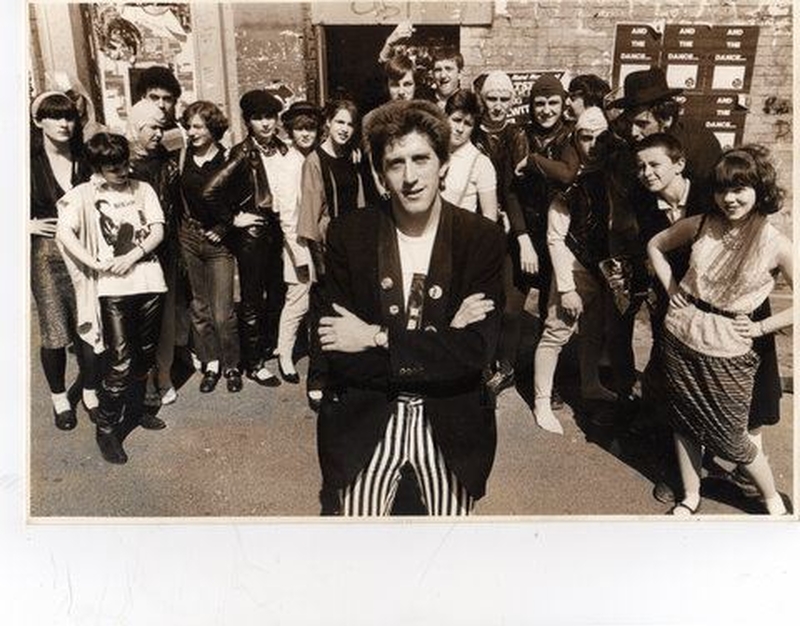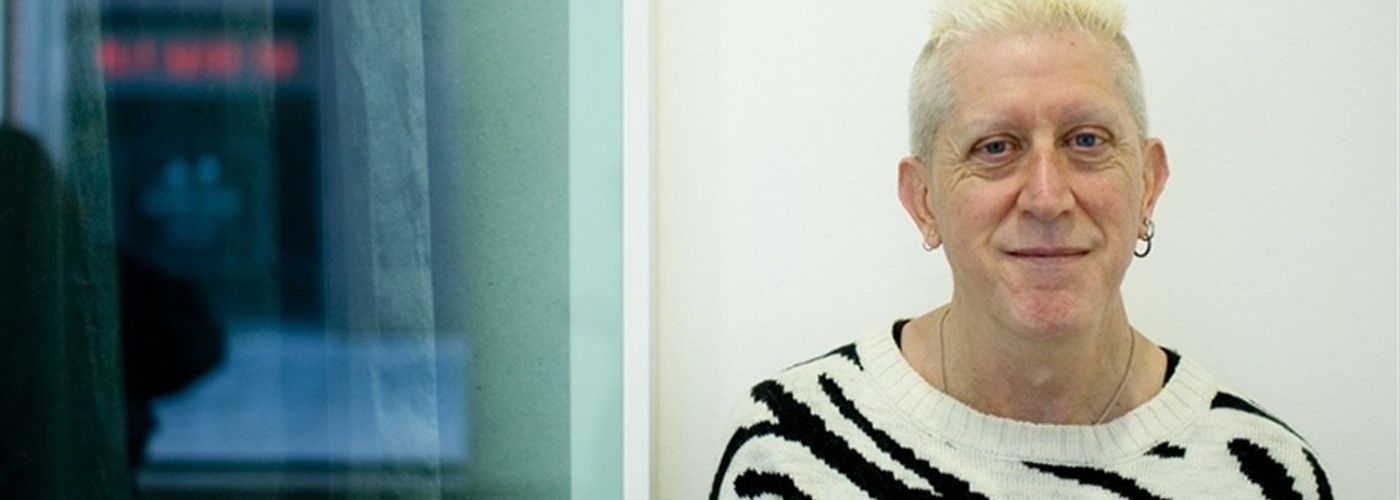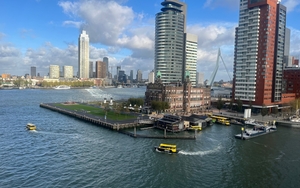Merseyside's Sunday night radio show began when it was all kicking off at Eric's
ONE of the great things about living in Liverpool is passing people in the street who have nudged our culture in new directions – people who have helped the world see things in a different light. Not famous faces necessarily, not even the highest achievers, but people whose creative twitching and wriggling has thrown out vibrations that have made a big difference somewhere, at some time – and yet here they are buying milk, having coffee, smoking a fag.
It doesn’t just happen in Liverpool, of course, but, then again, there do seem to be a lot of them round here. I mean people with connections to scenes that once meant something and maybe still do, whose wonderings and whims wound up influencing whatever came next.
For me, Roger Hill is one of these people. You see him on Bold Street, on Hope Street, at city festivals, in the theatre. You see him participating, supporting, or just passing through. With his tight white crop, vivid trousers and piercings, you might know him or not, but you can tell he’s someone who counts.
Described by The Guardian as “an unlikely combination of John Peel, Ken Campbell and Grayson Perry”, Hill has nurtured, inspired and encouraged others to pursue paths that might otherwise have seemed blocked. As director of the Everyman Youth Theatre in the early 1980s, how many horizons must he have widened? And as a teacher, performer, advisor and mentor, his work in the city and beyond carries on.
In particular, it carries on at Radio Merseyside where Hill presents The Popular Music Show every Sunday at midnight – a show which is nothing less than the longest-running alternative music programme on UK radio.

First broadcast on 10 June 1977 – in the slipstream of the Queen’s silver jubilee – the show is about to clock up its 40th year of supporting local music and helping listeners discover a world of sound way beyond the mainstream. Folk, reggae, ambient, electronica – the PMS playlist is a dream jukebox dedicated to all the sounds that most radio shows ignore.
The show was originally called Rockaround and presented by a young radio producer called Phil Ross. The brief was to play prog and heavy rock, but within weeks Ross realised how old that was in the face of the exploding Eric's scene. Ross responded to that need and the show became not only required listening but one of the only chances of airplay for emerging bands across the region.
It was taken over by Hill in 1982 (when Ross left for London) and was renamed the Popular Music Show, or PMS, in 1989.
For those 35 years, Hill's enthusiasm for the new, the experimental, the traditional and the downright weird never seems to have waned, and a typical broadcast might include sessions by local bands, archive treasures, interviews with celebrated names or newcomers to the scene, along with a roundup of what to see this week.
Typically for a show dedicated to unearthing new music, the PMS 40th birthday celebrations don’t involve dwelling on the past so much as celebrating the here and now. Forty commissioned pieces of music are being produced by a range of musicians, including China Crisis, Peter Coyle, Germanager, Isocore and Lo-Five.
So why does Hill think PMS has survived in a field in which so many others have fallen?

“We have kept our ears alive to the best sounds, wherever they came from, especially local music, and diversity is an attractive prospect in fast-moving times,” he says. “And we have maintained a good relationship with our radio station which is rightly proud of our achievements over the years.”
For Kevin McManus, curator at the recently-opened British Music Experience in the Cunard Building, memories of Hill go back three decades.
“Almost 30 years ago I interviewed Roger for an NME piece on long running radio shows that championed independent music. The show has thankfully just kept on keeping on and Liverpool music is all the better for it.”
PMS and Roger Hill are involved in a number of events throughout the city over the next few weeks, including Writing on the Wall and Sound City. And of course, you can always make a date with him by catching the show every Sunday night on Radio Merseyside.
It may be on a bit late for those who have work on Monday, but it’s a much better way of keeping up with local music than waiting until you pass him in the street.
PMS can be heard on Radio Merseyside every Sunday at midnight, or on the BBC iPlayer.















